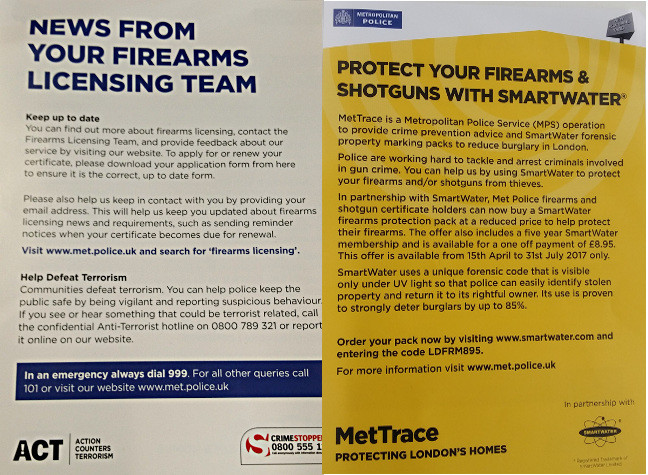Colby Cosh saddles up old Rocinante and has a tilt at the ludicrous supply management regime in milk:
You remember how Chobani, a hipster yogurt business based in New York state, got a temporary permit to sell the product in Ontario and won over customers. You know how it tried to meet our supply-managed dairy system halfway by making plans for a factory in Kingston. You know how milk processors waged berserker war in court to prevent the permit from being renewed, and closed ranks to deny the company a supply of Canadian milk.
And, most of all, you know how the product disappeared from our shelves, how Canadians still seek it out on cross-border trips, and how slow and confused the dairy cartel was about meeting the new demand for extra-heavy yogurt. None of this is going to be too easy to explain to a four-year-old.
I hasten to add that I am not seriously playing the “Won’t someone think of the children” card so beloved of politicians, newspaper columnists, and other shameless scum. The four-year-old will get over it. She’ll grow up in a free-trade Canada in which she does not have to accept a world of consumer second-bests, simulacra, and make-dos, except possibly in the dairy section. She can have no personal memory of Seventies Canada — never know what it is like to switch from Eaton’s to The Bay just to buy slightly different versions of the same low-quality, unfashionable crap. The question I grew up with was “Why does Canada have seemingly permanent poorer living standards than the U.S.?”; now it is just “Why are the cheese sections in our grocery stores so pathetic?”
So, Mad Max to the rescue? Not if champion protectionist Steven Blaney can stop him:
… supply management froze the world of Canadian dairying at a perfect moment for Quebec, and so the system has become a sacred cow made of other, literal cows. Because economists and intellectuals know that supply management is a transfer of wealth from consumers of all classes to a few thousand affluent farmers, the beneficiaries reinvest a great deal of the profit in hapless, defensive public-relations efforts that only tend to make us loathe them more.
They have even found a political champion in Steven Blaney, the cadaverous oddball from the Eastern Townships who is in the Conservative leadership race to play milk spoiler to fellow Quebecer Maxime Bernier. Bernier wants to retire supply management by buying farmers out of their quotas with a national tax on dairy, lasting for a fixed period.
This is a generous approach to free trade in dairy: it is a buyout of unearned entitlements. Producers who want to leave the industry would do so with an enormous grubstake — the kind of which workers laid off from regular jobs can only dream. Those who hang in there would get to keep something like the present value of their annulled production quotas as they face new careers in an honest-to-God marketplace (which is what some of them very much wish to do).




